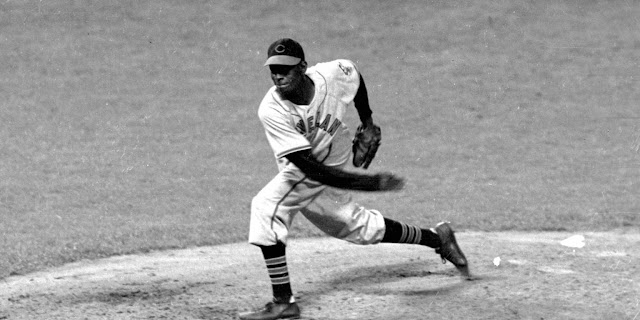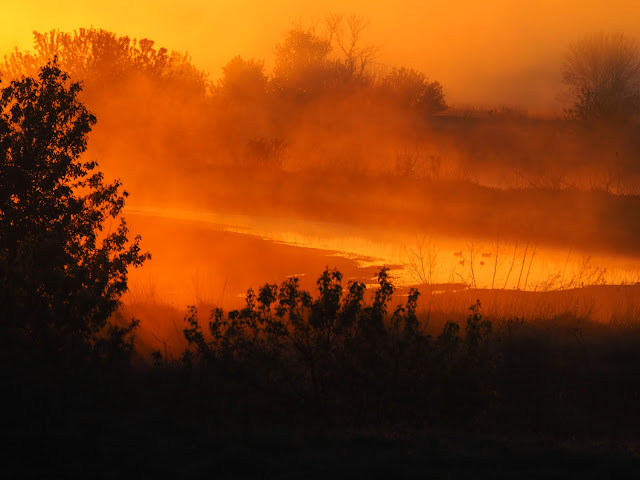For Ken Venhuizen, 1938-2024
(continued from yesterday)
How did they manage so many friends? I mean, if they spent ten years in
Sioux Center, I’d be surprised. You might think the price of coming and going
as regularly as they did would generate rootlessness, no place allowing time
enough for relationships to mature.
Not so. Every person in this sanctuary knows that wasn’t true
of Ken or Betty.
What’s worse, Ken was wild as a colt even when it was time time
to be put out to pasture. He must have tired some time, but not in my presence.
His fuse was ever lit, his outsize energy was a constant rumble. Even late at
night he sat at our table with his juice cooking. One can only wonder what the
Creator of Heaven and Earth does, as we speak, to keep him occupied.
Way back when, a young chiropractor came to town, a man named
Hagen, a mover and a shaker who built a pretentious place on a hidden lane just
off a busy Sioux Center street. Locals furrowed an eyebrow, but Ken heard the
guy knew how to swat a tennis ball, and became, thereby, one of the best
friends Dr. Hagen had in town.
Now me? Once upon a time he got me on a tennis court. I thought
of myself as a fair-to-middlin’ athlete back then. Besides, tennis didn’t look
so formidable. Get yourself a big paddle and swing away. We played, sort of. When
we quit that afternoon, why he never pulled out a racquet again was
embarrassingly obvious.
Our David must have been in first or second grade when Ken
and I took our kids to Oak Grove, where, in a path, a rock was that spring
rumbling slowly up toward the surface. Quite carefully, Ken worked the dirt
from around the stone—lots of scratchy digging.
I’m happy to say that the Siouxland quartzite is still with
us. It made it through the flood, so it’s not as shiny as it was once, but not
as muddy either. It’s the stone that Ken dug up from the dust of a path through
the prairie and just for little David.
These are just a few of our memories of your dad, Kim and Jim
and Kam. I hope we didn’t take him away from you too often. That he loved you
doesn’t need to be said, really. But what’s amazing to me is how many of the
rest of us he loved too. It’s so good to be here today and be together, because
your parents’ capacious hearts should be remembered.
“My friends are my estate,” Emily Dickenson once wrote, and
we feel that. “My friends are my estate.”
We are where Ken and Betty lived, and for that we’re all very thankful.
















.jpg)



















